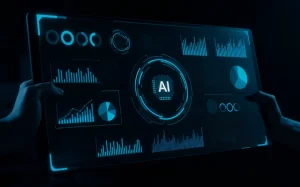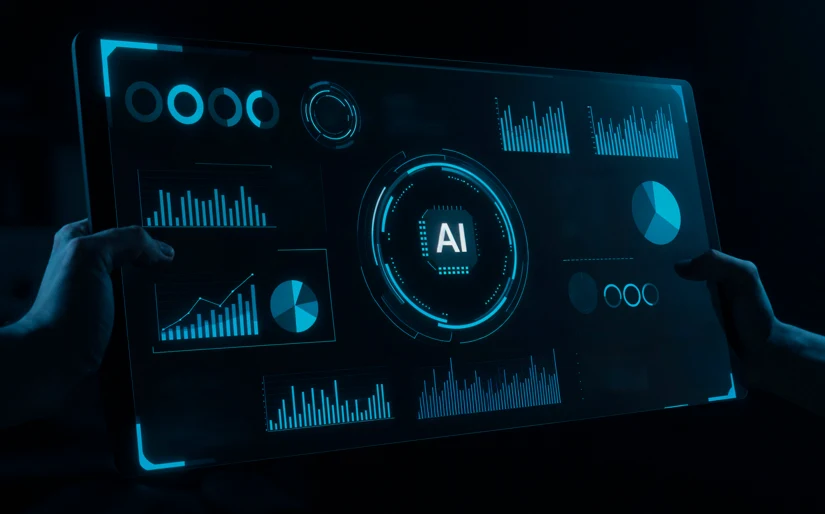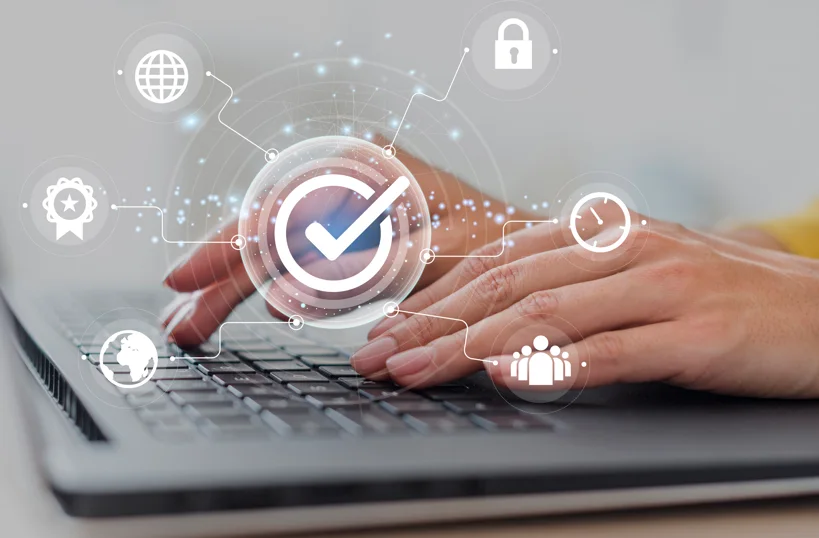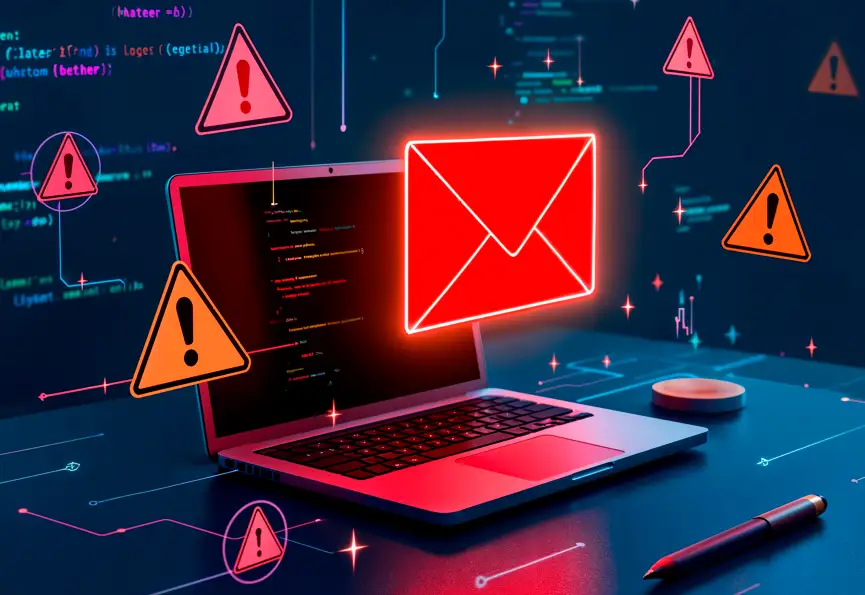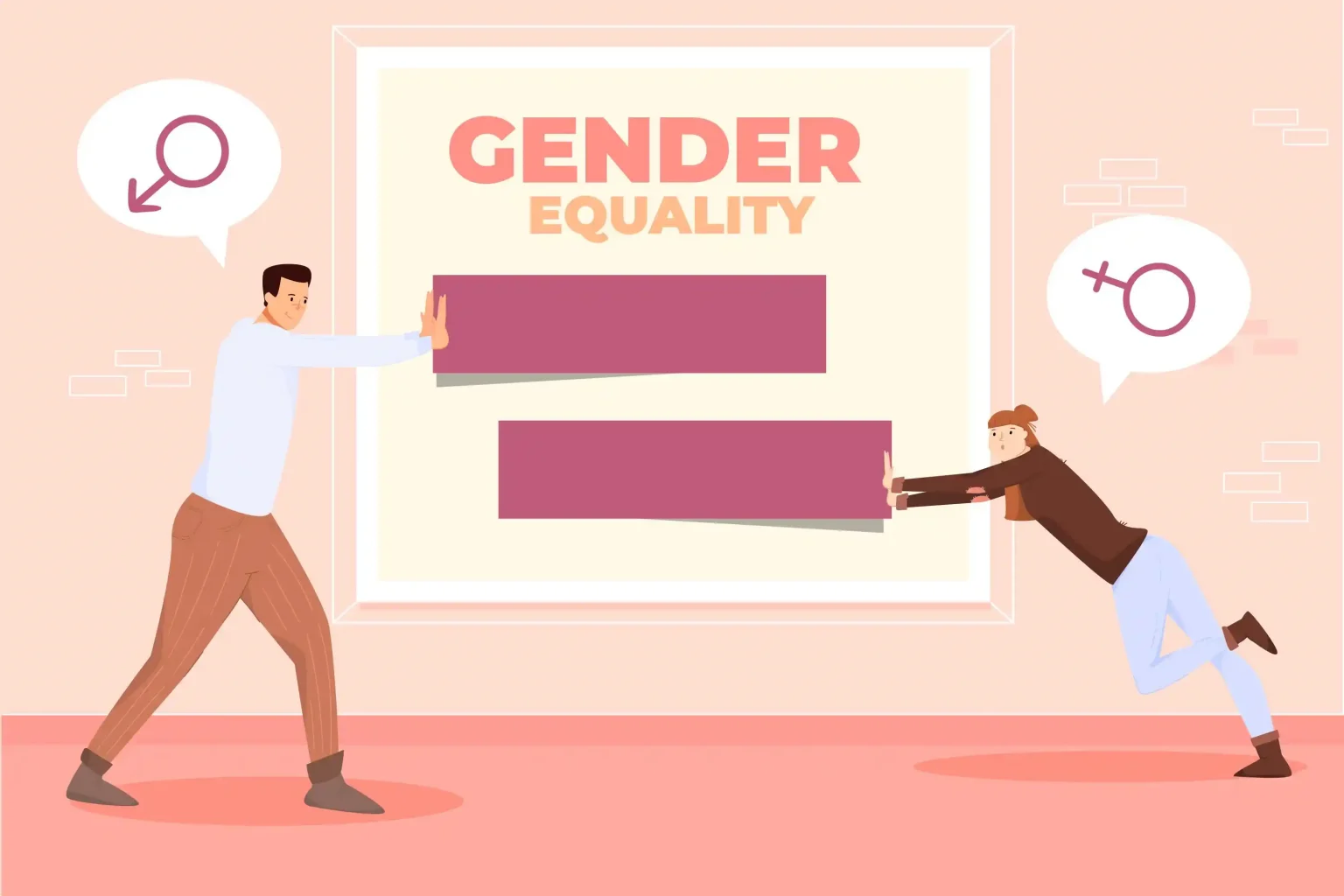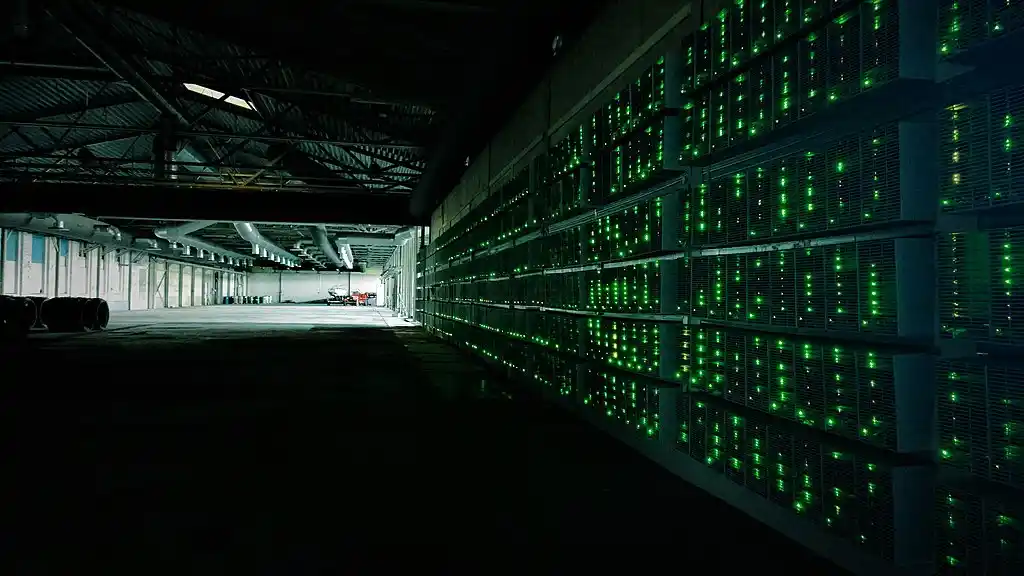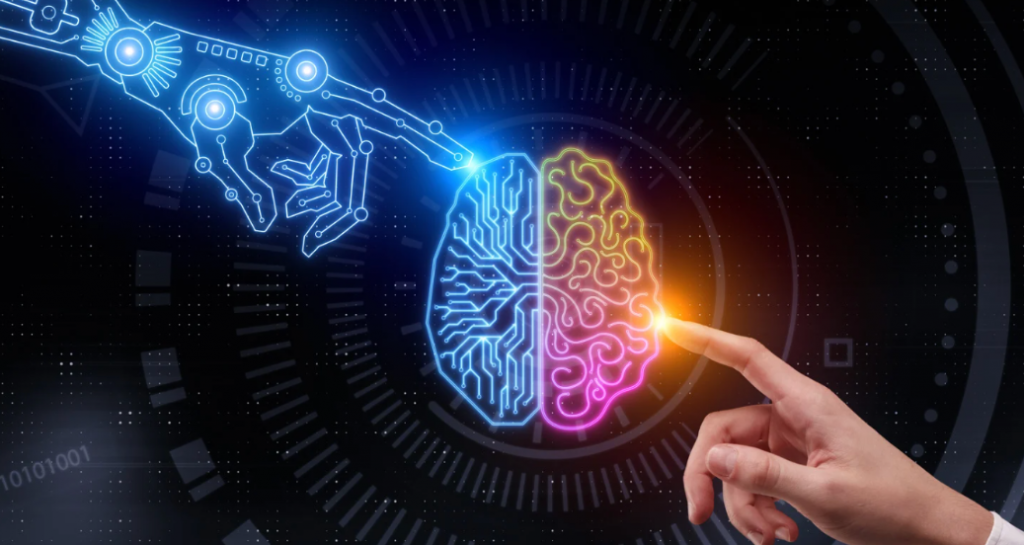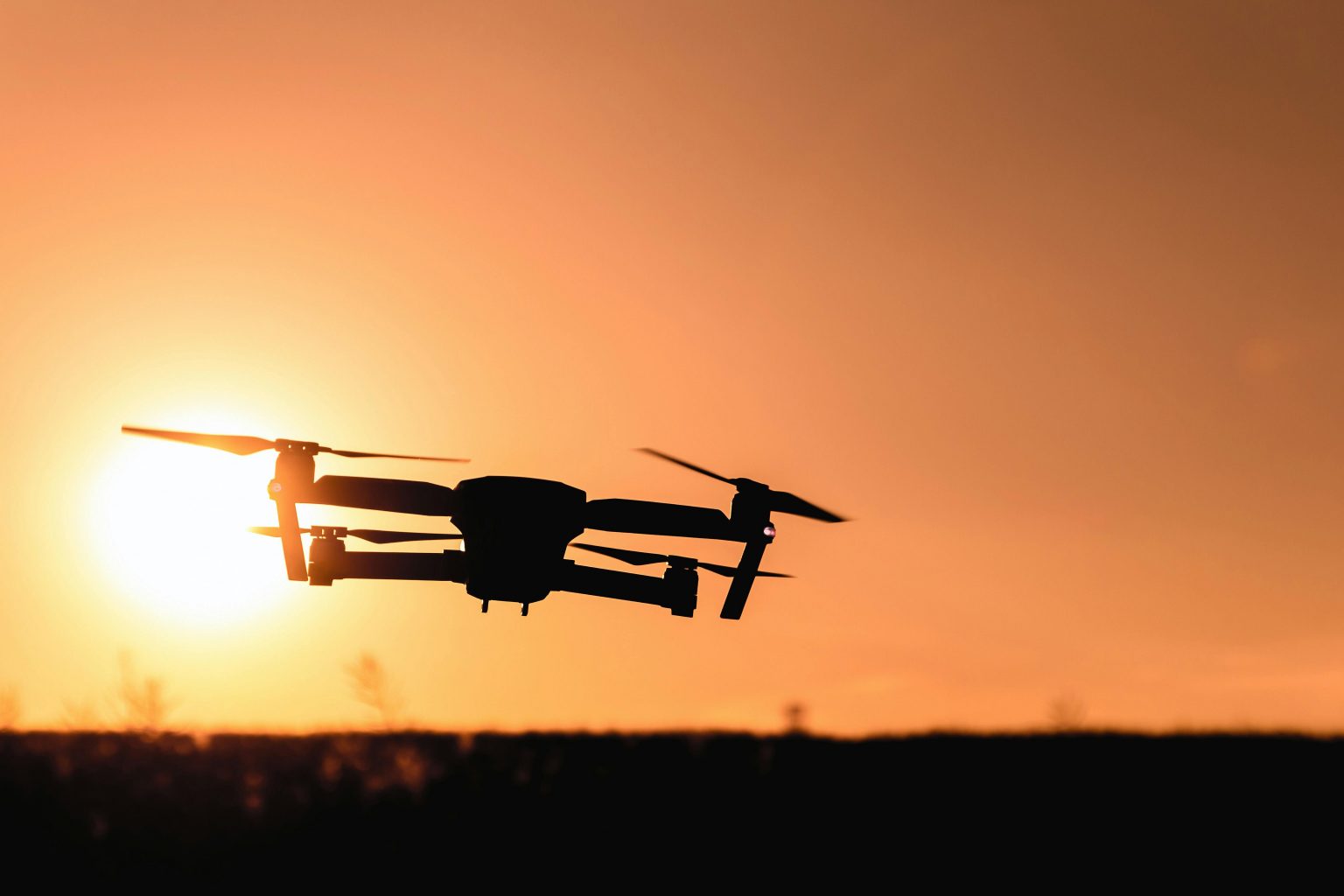Author: Malavika Madgula
Malavika Madgula is a writer and coffee lover from Mumbai, India, with a post-graduate degree in finance and an interest in the world. She can usually be found reading dystopian fiction cover to cover. Currently, she works as a travel content writer and hopes to write her own dystopian novel one day.
The concept of research, any research, has always been a race against time. And in the era where we have access to huge amounts of data, the race just heated up… Artificial intelligence has certainly become indispensable in this regard, but the matter isn’t just about automating tasks and gathering information anymore. Now, AI tools have evolved into complex instruments, changing the way we gather, analyse, and interpret information and data. And the next big thing in AI that’s poised to transform the landscape is Deep Research. Deep research is the capability of AI chatbots, such as ChatGPT, to interpret…
Unauthorised access, data leaks, information breaches, and data misuse might seem part and parcel of today’s internet-driven and connected world, but they don’t have to be… After all, privacy is paramount when it comes to data sharing. Privacy and cybersecurity experts have long been warning everyone regarding entities having access to sensitive information. This is where PETs (privacy-enhancing technologies) come in. According to the report published by the WEF (World Economic Forum) and Frontiers, PETs is one of 2024’s top ten emerging technologies. As the name suggests, PETs, also known as privacy-preserving or data-protection technologies, are essentially practices, techniques, and…
The Nigerian princes certainly had a long and fantastic run, but now they’re being replaced by AI (artificial intelligence)… Gone are the days when scammers wielded mediocre power, having to rely on their understanding of the processes and language. AI is fuelling the next wave of cybercrime, with attackers employing generative AI to automate, scale, and even personalise their scams. According to Hoxhunt’s report on phishing trends, anywhere between 0.7-4.7% of nearly 4,00,000 malicious phishing emails had been crafted by AI. It might be a tiny fraction, but that’s just for now. How Phishing Has Changed With AI AI phishing…
The interest in cryptocurrency has never been higher than now, and one crypto particularly making waves is Pi… This revolutionary cryptocurrency is aiming to be the world’s first mobile-first crypto platform, where users don’t need technical knowledge or expensive rigs to invest in crypto, but can rather mine coins right from their smartphone apps. That’s why Pi, which has millions of users – a.k.a. Pioneers – has seen continued interest after the Mainnet launch in February 2025 and Pi Day on March 14th. This is even after its price has been wildly fluctuating, having reached all-time lows and highs of…
We’d never thought that there would be a day when we’d be accusing technology of perpetrating gender bias, but here we are… In March 2024, a UNESCO study revealed alarming tendencies in LLMs (large language models) to produce gender bias, among other equally distressing concerns including racial stereotyping and homophobia. Artificial intelligence (AI) has been transforming our world at an unprecedented pace, but the concerning pattern of these systems demonstrating significant gender bias has been emerging as well. As automated decisions across industries like finance, criminal justice, employment, healthcare, etc. become the norm, this bias threatens everything the world has…
When humans drive, they’re often distracted, angry, drowsy, and going through a whole range of human emotions… Even when we humans are operating at peak efficiency, our Stone Age-adapted brains cannot comprehend the complexity and speed surrounding high-speed driving. There’s as much as a 2.5-second lag between our perceiving and our reaction speeds when we’re traveling at 60 miles/hour (96 km/hour). That means that the car will be travelling at least two basketball court lengths before the driver can even hit the brake. However, the good news is there are much, much better drivers who have everything that human drivers…
We’ve all googled recipes from actual chefs and cooks on the internet, but have you ever tried recipes whipped up by a machine? AI recipes, or artificial intelligence recipes, have been flooding the internet, and, as artificial as they are, we aren’t quite so sure about the intelligence bit. “A laughable cook but a serious foodie,” as a particular writer herself put it, used SideChef’s RecipeGen AI app, which turns a photo of any dish into a recipe, to cook restaurant-like meals. While the app completely misjudged the ingredients of one photo, it whipped up a complicated cooking process for…
When cryptocurrency was in its nascent stages, mining was feasible from home due to low mining difficulties… As the landscape evolved drastically and sophisticated technology entered the chat, miners now face immense challenges of acquiring technical know-how, securing specialised and expensive equipment, and optimising electricity rates to remain competitive. This is where cloud mining has been a boon to aspiring crypto-seekers, relieving them of the financial burdens of acquiring expensive equipment and maintaining it. This non-intensive setup, which involves renting hash power from mining farms, is ideal for miners who are deterred by the technical and financial barriers of personal…
How many of us, if we got the chance, would use generative artificial intelligence (AI) to write an essay or finish an assignment? Would it pinch your conscience? On the other hand, what’s worse is working hard on your class assignment to write an entirely original piece of work, only for your work to be called out and accused of being AI-generated. The AI crisis is dual-sided, it has reached education, and it’s real. Image Courtesy The Evolving Landscape of AI Cheating Just one week after ChatGPT made its way into the world in November 2022, The Atlantic made a…
Drones have always conjured up images of futuristic cities, but how much of it is possible? With the advent of smart cities, unmanned aerial vehicles (UAVs), a.k.a. drones, are expected to play a critical role in enabling and managing the environment of smart cities, not only providing connectivity but also other services such as awareness, traffic management, etc. for public safety. All over the world, everyone from law enforcement to utility providers is seeking an increased usage of drones to provide citizens with a safe and better quality of life. Drones, on the other hand, have always conjured up images…
